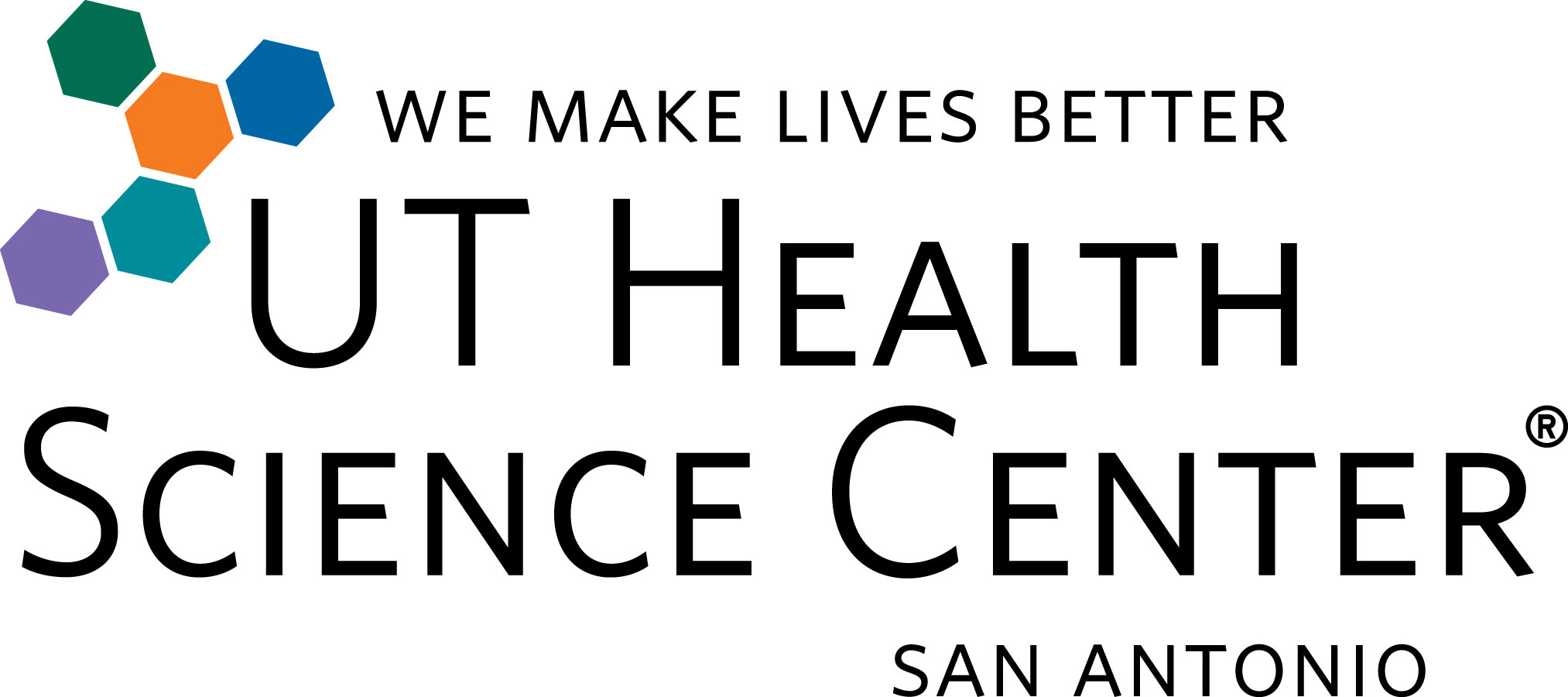Secondary Prevention Trial of Rapamycin in Patients With Resected Non-muscle Invasive Bladder Cancer
| Status: | Recruiting |
|---|---|
| Conditions: | Cancer, Cancer, Bladder Cancer |
| Therapuetic Areas: | Oncology |
| Healthy: | No |
| Age Range: | 18 - Any |
| Updated: | 1/31/2019 |
| Start Date: | November 1, 2018 |
| End Date: | May 1, 2022 |
The study is a multi-site Phase 3 double-blinded randomized placebo-controlled trial.
Subjects are randomly assigned to receive either a placebo or oral Sirolimus: 0.5 mg daily.
All subjects will be treated for 2 years or until disease recurrence. Patients will undergo
endoscopic evaluation of the bladder every 3 months for the first 2 years following
enrollment and then every 6 months for an additional 2 years on study. Selection of BCG
immune therapy is at the discretion of the treating urologist but in general is reserved for
high-risk patients. Patients concurrently receiving BCG immune therapy will receive standard
BCG therapy including induction (weekly for 6 weeks) and maintenance (weekly for 3 weeks at 3
months, 6 months, and then every 6 months following tumor resection).
Subjects are randomly assigned to receive either a placebo or oral Sirolimus: 0.5 mg daily.
All subjects will be treated for 2 years or until disease recurrence. Patients will undergo
endoscopic evaluation of the bladder every 3 months for the first 2 years following
enrollment and then every 6 months for an additional 2 years on study. Selection of BCG
immune therapy is at the discretion of the treating urologist but in general is reserved for
high-risk patients. Patients concurrently receiving BCG immune therapy will receive standard
BCG therapy including induction (weekly for 6 weeks) and maintenance (weekly for 3 weeks at 3
months, 6 months, and then every 6 months following tumor resection).
Inclusion Criteria:
- Pathologically (histologically) proven diagnosis of non-muscle invasive (Ta, Tis or
T1) bladder cancer within 60 days prior to enrollment
- Be able to give informed consent
- Be age 18 or older
- Not be in an immunosuppressed state (e.g. HIV, use of chronic steroids)
- Not have active, uncontrolled infections
- Not be on agents known to alter rapamycin metabolism significantly
- Not have a reported history of liver disease (e.g. cirrhosis)
- Not have a prior history of non-bladder cancer unless the cancer is clinically stable
and not requiring active treatment except basal cell carcinoma or squamous cell
carcinoma of the skin.
- Not pregnant, or taking effective contraception before rapamycin therapy, during
therapy and for 12 weeks after discontinuation of therapy.
Exclusion Criteria:
- Have muscle-invasive (≥T2) bladder cancer
- Unable to give informed consent
- Age < 18
- Immunosuppressed state (e.g. HIV, use of chronic steroids)
- Active, uncontrolled infections
- On agents known to alter rapamycin metabolism significantly
- Another cancer requiring active treatment (except basal cell carcinoma or squamous
cell carcinoma of the skin)
- Patients at risk of pregnancy who are unwilling or unable to take effective
contraception before rapamycin therapy, during therapy, and for 12 weeks after
discontinuation of therapy.
- Individuals with a reported history of liver disease (e.g. cirrhosis)
We found this trial at
1
site
4502 Medical Drive
San Antonio, Texas 78284
San Antonio, Texas 78284
(210) 567-7000

Principal Investigator: Robert Svatek, MD
Phone: 210-567-3224
University of Texas Health Science Center at San Antonio The University of Texas Health Science...
Click here to add this to my saved trials